Have you heard about Resveratol? Depending on the day of the year and the article you are reading it is either a miracle compound or a myth that needs to be busted. 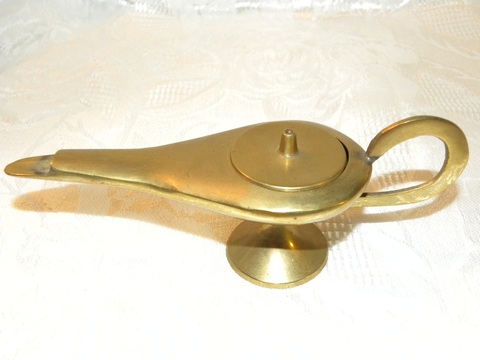 Resveratrol is a polyphenolic compound known as a stilbene. These compounds are found in a variety of plants to help aid the plant in stressful situations or when injured. It also has been shown to help the plant avoid fungal infection and UV radiation. So it is no wonder that scientists began to look at this compound to help aid human health.
Resveratrol is a polyphenolic compound known as a stilbene. These compounds are found in a variety of plants to help aid the plant in stressful situations or when injured. It also has been shown to help the plant avoid fungal infection and UV radiation. So it is no wonder that scientists began to look at this compound to help aid human health.
The compound is fat soluble, meaning it doesn’t have a charge. Similar fat soluble compounds that are more commonly discussed are vitamins A, D, E and K. Fat soluble compounds do not need to be used immediately as they can be stored in your liver and adipose (fat) tissue. However, this can lead to a buildup and ultimately toxicity.
Water soluble compounds act differently in the body. Instead of reserving these compounds, your body must use them immediately or lose them through your urine. This means we need to continuously replenish them. Water soluble compounds such as vitamins B and C, dissolve in water and are immediately absorbed into your tissues once they enter your bloodstream.
Have you been missing the weekly Exploring the Wine Glass posts? They have moved. Sign up below to receive notification of new posts. Subscribe to Dracaena Wines’ blog in the sidebar on this page.
Resveratrol was known to be found in apples, blueberries, plums and peanuts. However, it was in the early 1990s when scientists discovered that resveratrol was also found in red wine. It was a glorious day for the wine loving world. Scientists believed that this was the reason for the phenomenon known as the French Paradox (the low incidence of coronary heart disease in French people.) From there, it was only a matter of time that research was looking into its potential to prevent cancer and neurodegenerative diseases.
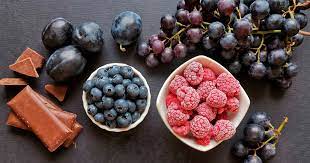
According to an article in Food Science Nutrition Resveratrol: A miraculous natural compound for diseases treatment Mehdi Koushki, et. al, Food Sci Nutr. 2018 Nov; 6(8): 2473–2490.) “Several in vitro and in vivo studies have revealed the effectiveness of resveratrol in various diseases such as diabetes mellitus, cardiovascular disease, metabolic syndrome, obesity, inflammatory, neurodegenerative, and age‐related diseases.” They do however state that more research needs to be done as there are not enough clinical or human trials completed thus far.
On the flip sign of the coin, there is an article in JAMA Internal Medicine published by Johns Hopkins University School of Medicine that analyzed information from about 800 men and women ages 65 and older whose diets were naturally rich in resveratrol from food. They measured the amounts of metabolized resveratrol that showed up in the participants’ urine, expecting to see high levels of resveratrol among the healthiest people. But that didn’t happen. In fact, there was no link between resveratrol levels and the rates of heart disease, cancer, and death.
So which is it? Miracle compound or a myth? I guess we just need to have more research performed. It looks to me that there is a lot of potential to help us in the battle of cancer and simple aging. I will leave you with this: According to Dr. David Sinclair, a professor of genetics at Harvard Medical School, who led an experiment in 2003 to conclude that resveratrol does indeed prevent skin cancer in mice. It protects against high blood pressure, heart failure and heart disease in mice. They also showed that it improves insulin sensitivity, reduces blood sugar and blunt obesity in rodents fed a high fat diet and demonstrated the ability to protect nerves and the brain in various lab animals. BUT the dose of resveratrol administered in experiments is always much higher than you’d normally consume in a daily diet. “You would need to drink a hundred to a thousand glasses of red wine to equal the doses that improve health in mice.” So who’s up for another glass of red wine?!
Slàinte!
Please follow us on Instagram, Twitter, Facebook and Youtube.
We’ve stacked the odds so that you can get our award winning wines without breaking the bank. Click the image to find out all of the benefits of joining the CHALK CLUB including discounted shipping and up to 25% off all purchases. .

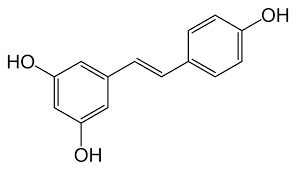
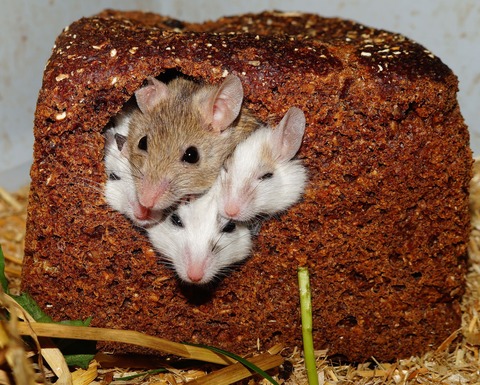
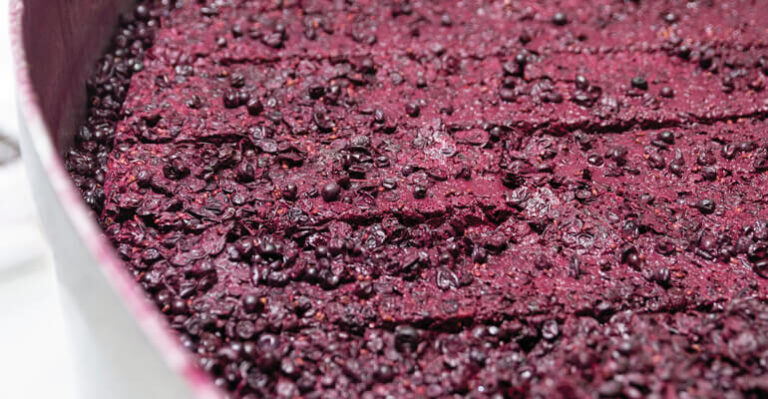
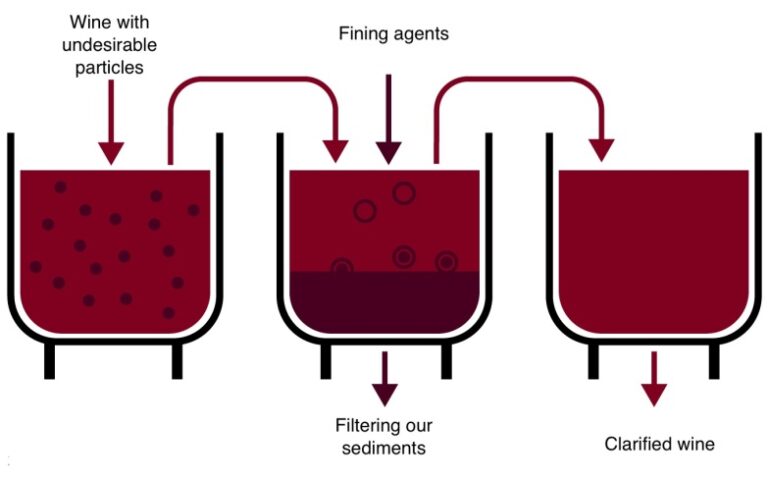


Cheers to good health, over and over and over!
glass after glass after glass! LOL
Thanks for sharing this article. I don’t always get to read each post but I do enjoy them. Yes, let’s have another glass of wine – John Krause http://www.cacorks.com
Thank you for your kind words. Yes, would love to sit down with you again.